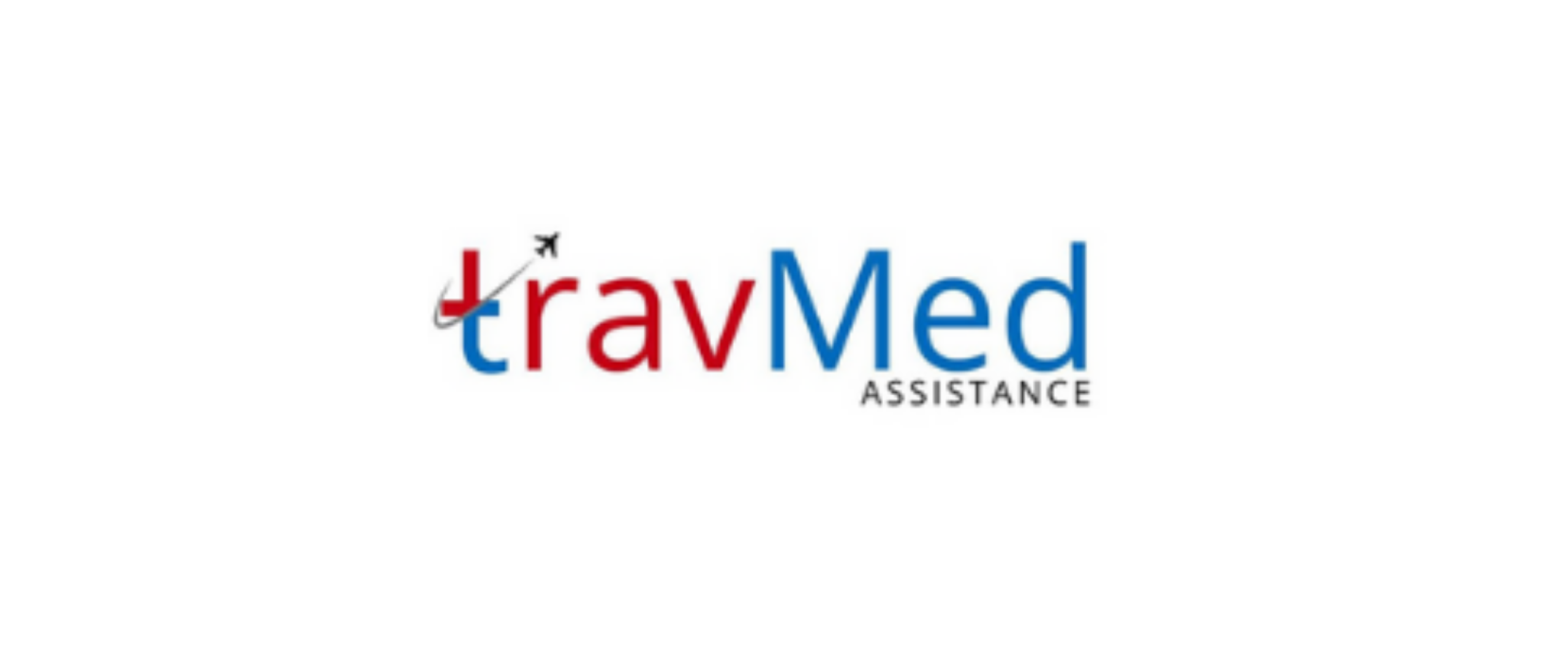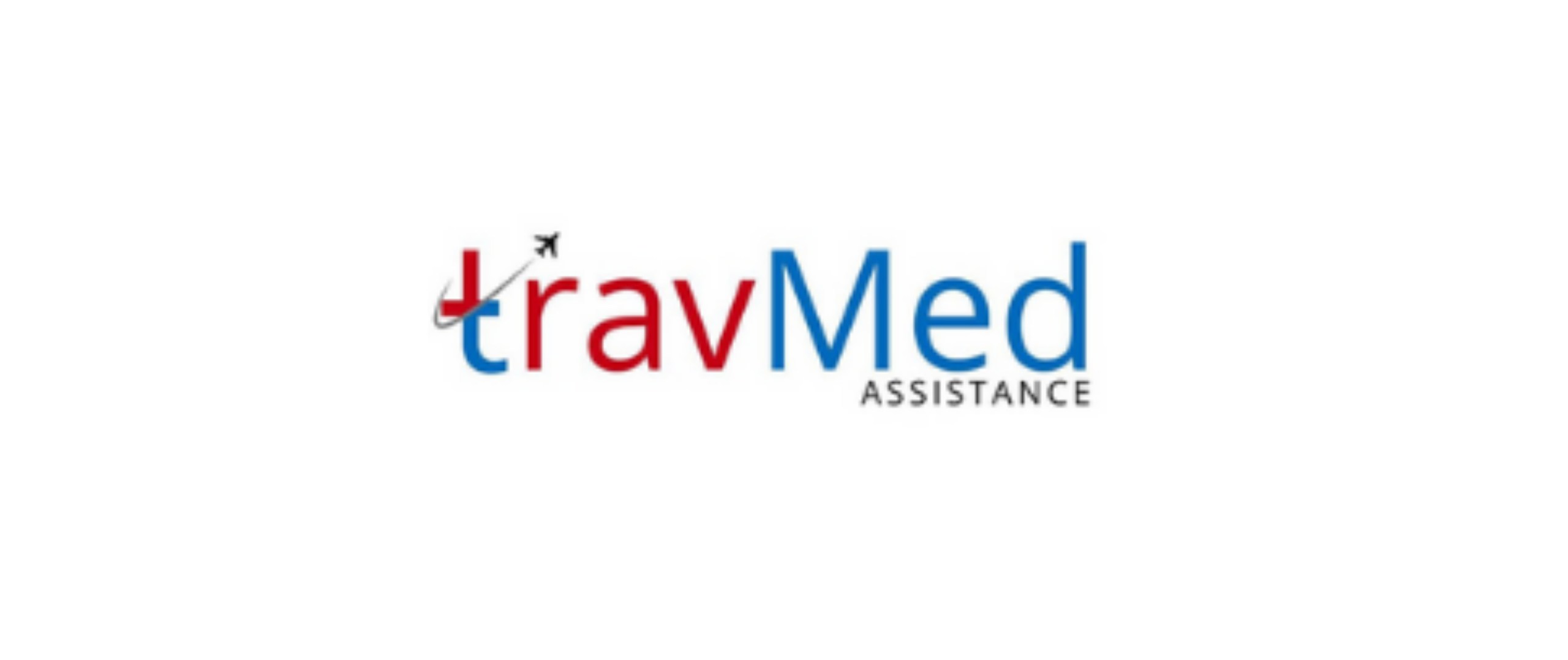
Worldwide medical assistance refers to comprehensive healthcare support services provided to travelers and expatriates across the globe. These services encompass a wide range of medical and non-medical assistance, including emergency medical treatment, medical evacuations, repatriation, and logistical support. In Nepal, worldwide medical assistance ensures that travelers have access to quality healthcare services, regardless of their location within the country. This assistance is particularly valuable in remote areas where medical facilities may be limited. Providers of worldwide medical assistance in Nepal work closely with local healthcare providers, hospitals, and emergency services to ensure seamless coordination and timely medical interventions for travelers in need.
Who provides these services in Nepal?
Several international and local organizations offer worldwide medical assistance services in Nepal. These providers include:
- International SOS
- Travmed Assistance
- Global Rescue
- World Nomads
- AXA Assistance
- Allianz Global Assistance
- TravelEx Insurance Services
- Nepal Rescue and Medical Assistance
These organizations have established networks of medical professionals, hospitals, and emergency responders throughout Nepal. They collaborate with local healthcare providers to ensure comprehensive coverage across the country, including remote trekking regions and mountainous areas. Many of these providers have 24/7 assistance centers staffed with multilingual professionals who can coordinate medical care, arrange evacuations, and provide advice to travelers in need of assistance.
How does worldwide assistance work?
Worldwide medical assistance in Nepal operates through a coordinated system of healthcare providers, assistance centers, and local partners. When a traveler requires medical assistance, they contact the designated assistance provider, typically through a 24/7 hotline. The assistance center assesses the situation and coordinates appropriate medical care. This process involves:
- Initial assessment of the medical condition
- Locating the nearest suitable medical facility
- Arranging transportation to the medical facility if necessary
- Coordinating with local healthcare providers for treatment
- Monitoring the patient’s condition and treatment progress
- Arranging medical evacuation or repatriation if required
- Providing translation services and communication with family members
- Handling payment guarantees and insurance claims
The assistance provider acts as a central point of contact, managing all aspects of the medical emergency and ensuring the traveler receives appropriate care throughout their treatment and recovery process.
What documents are needed for assistance?
To access worldwide medical assistance services in Nepal, travelers typically need to provide the following documents:
- Valid passport or identification document
- Travel insurance policy details or assistance membership card
- Medical history and current medication list
- Emergency contact information
- Relevant medical records or prescriptions
- Credit card information for payment guarantees
- Travel itinerary and accommodation details
- Any pre-existing medical condition declarations
Having these documents readily available can expedite the assistance process and ensure prompt medical care. It is advisable for travelers to keep digital copies of these documents securely stored and easily accessible in case of emergencies. Some assistance providers offer mobile apps or online portals where travelers can store and access their important documents securely.
How much does worldwide assistance cost?
The cost of worldwide medical assistance in Nepal varies depending on several factors, including the type of coverage, duration of stay, and individual health conditions. Generally, assistance services are included as part of comprehensive travel insurance policies or standalone medical assistance plans. Costs may range from:
- $50 to $500 for short-term travel coverage (1-30 days)
- $200 to $1000 for extended stay coverage (1-6 months)
- $500 to $5000 for annual multi-trip plans
Additional factors affecting costs include:
- Age of the traveler
- Pre-existing medical conditions
- High-risk activities (e.g., trekking, mountaineering)
- Coverage limits and deductibles
- Optional add-ons (e.g., adventure sports coverage)
It’s essential to carefully review policy details and compare different providers to find the most suitable and cost-effective worldwide assistance plan for travel in Nepal.
Are services available for all travelers?
Worldwide medical assistance services in Nepal are generally available to all travelers, regardless of nationality, age, or purpose of visit. However, certain conditions and restrictions may apply:
- Pre-existing medical conditions may require additional coverage or higher premiums
- Age limits may apply for certain types of coverage, particularly for older travelers
- High-risk activities like mountaineering may require specialized coverage
- Some policies may have geographical restrictions or exclusions
- Visa status and length of stay may affect eligibility for certain types of coverage
Most assistance providers offer customizable plans to accommodate various traveler profiles and needs. It’s advisable for travelers to disclose all relevant information when purchasing assistance coverage to ensure appropriate protection during their stay in Nepal. Some providers also offer group plans for families, tour groups, or corporate travelers, which can provide comprehensive coverage for multiple individuals under a single policy.
How reliable are assistance providers in Nepal?
Assistance providers operating in Nepal generally maintain high standards of reliability and service quality. Factors contributing to their reliability include:
- Established partnerships with local hospitals and medical facilities
- Extensive networks of medical professionals and specialists
- 24/7 assistance centers staffed with experienced personnel
- Regular training and quality assurance programs
- Compliance with international standards and accreditations
- Positive customer reviews and testimonials
- Track record of successful medical evacuations and emergency responses
However, the reliability of assistance services can be influenced by external factors such as:
- Remote locations with limited infrastructure
- Extreme weather conditions affecting transportation
- Political instability or civil unrest in certain regions
Travelers should research and choose reputable assistance providers with a proven track record in Nepal. It’s advisable to read customer reviews, check accreditations, and compare service offerings before selecting an assistance provider for travel in Nepal.
Can assistance handle medical emergencies?
Worldwide medical assistance providers in Nepal are well-equipped to handle a wide range of medical emergencies. Their capabilities typically include:
- Coordination of emergency medical treatment
- Arrangement of medical evacuations by air or ground
- Access to a network of specialist doctors and hospitals
- Provision of medical advice and second opinions
- Management of complex medical cases
- Arrangement of repatriation to home country if necessary
- Handling of medical bills and insurance claims
Assistance providers have experience dealing with various emergency scenarios, including:
- Altitude sickness and mountain rescue operations
- Trauma cases from trekking or adventure sports accidents
- Severe illnesses requiring specialized treatment
- Natural disaster-related emergencies
These providers maintain close relationships with local emergency services, hospitals, and air ambulance operators to ensure swift and effective responses to medical emergencies throughout Nepal.
How do I contact assistance service providers?
Contacting worldwide medical assistance providers in Nepal is typically straightforward and accessible. Most providers offer multiple contact methods:
- 24/7 emergency hotlines (international toll-free numbers)
- Local contact numbers in Nepal
- Email support for non-urgent inquiries
- Mobile apps with one-touch emergency assistance features
- Online portals for policy management and assistance requests
- SMS or instant messaging services for areas with limited connectivity
When contacting assistance providers, be prepared to provide:
- Your name and policy number
- Current location and contact details
- Brief description of the medical situation or assistance needed
- Any relevant medical history or medication information
It’s advisable to save emergency contact numbers and policy details in your phone and share them with travel companions before departing for Nepal. Some providers also offer pre-trip planning services, allowing travelers to discuss potential health concerns and receive advice before their journey.
Are services available 24/7 in Nepal?
Worldwide medical assistance services in Nepal are typically available 24 hours a day, 7 days a week, 365 days a year. This round-the-clock availability ensures that travelers can access help at any time, regardless of time zones or holidays. Key aspects of 24/7 services include:
- Continuous staffing of assistance centers with multilingual professionals
- On-call medical teams ready to provide advice and coordinate care
- Emergency response capabilities for immediate medical interventions
- Constant monitoring of ongoing medical cases
- Ability to arrange medical evacuations at any time
- Real-time updates to family members or employers
The 24/7 availability is particularly crucial in Nepal, where medical emergencies can occur in remote trekking areas or during off-hours. Assistance providers maintain relationships with local emergency services and healthcare facilities to ensure continuous support, even in challenging circumstances or remote locations.
What is included in worldwide assistance?
Worldwide medical assistance in Nepal typically includes a comprehensive range of services designed to support travelers in various medical and non-medical situations. These services often encompass:
- Emergency medical treatment coordination
- Medical evacuation and repatriation
- Hospital admission assistance and payment guarantees
- Prescription medication replacement
- Medical monitoring and case management
- Telemedicine consultations with specialists
- Translation and interpreter services
- Lost document and luggage assistance
- Legal referrals and bail bond assistance
- Emergency message transmission to family or employers
- Travel arrangement assistance for family members
- Repatriation of mortal remains in case of death
Additional services may include:
- Pre-trip health and safety information
- Vaccination recommendations and travel health advice
- Crisis management and security evacuations
- Concierge services for non-emergency assistance
The exact scope of services can vary between providers and policy types, so it’s essential to review the coverage details carefully before traveling to Nepal.
How are services monitored for quality?
Worldwide medical assistance providers in Nepal employ various methods to monitor and maintain the quality of their services. These quality assurance measures typically include:
- Regular audits of local healthcare providers and facilities
- Performance evaluations of assistance center staff
- Customer satisfaction surveys and feedback collection
- Case reviews and outcome analysis
- Compliance with international standards (e.g., ISO certifications)
- Continuous training programs for staff and local partners
- Regular updates to medical protocols and best practices
- Independent third-party assessments of service quality
- Tracking of key performance indicators (e.g., response times, successful outcomes)
- Peer reviews and benchmarking against industry standards
Many providers also participate in industry associations and forums to share best practices and stay updated on global healthcare trends. Additionally, they may collaborate with international health organizations and local authorities to ensure their services align with local regulations and healthcare standards in Nepal. This ongoing monitoring and improvement process helps maintain high-quality assistance services for travelers in Nepal.


